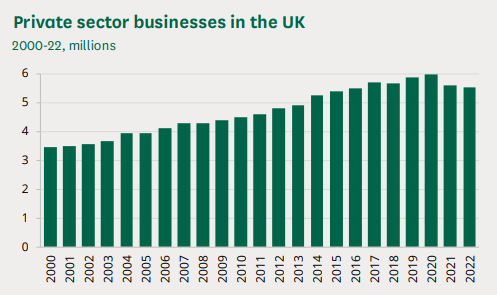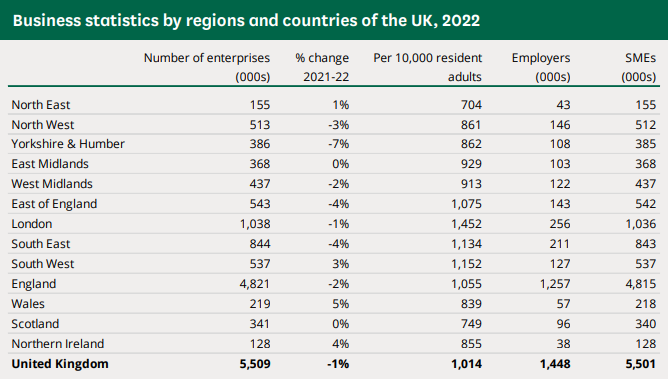Local businesses continue to feel the funding hole created by Brexit despite the Council’s approval of a £4.55 million funding package last Wednesday.
Part of the central government’s UK Shared Prosperity Fund (UKSPF), the package is designed to replace the EU Structural and Investment Funds (ESIF) and help support businesses across various dimensions.
The program, which will be rolled out over the next three years, will target small and medium-sized enterprises (SMEs) to reduce inequalities in Sheffield.
Cllr Paul Turpin, the spokesperson for the Economic Development and Skills Policy committee, said: “Until those inequalities are reduced, we are failing, Sheffield is failing.
“We don’t want winners and losers, we want everybody to be a winner.”
According to data from the Department for business, energy & industrial strategy, private sector businesses across the UK have continually decreased since 2020.

Nevertheless, with South Yorkshire and the Humber placing second in terms of numeric private business decrease in 2022, councilors believe this funding will not be enough to achieve the council’s objectives. These include:
- Launchpad (£850,000), which will focus on start-up and early-stage businesses.
- Productivity and digital innovation grants (£2.1 million), providing SMEs with access grants to support productivity gains and digital adoption in the business.
- Low carbon (£1.3 million), aiming particularly at improving energy efficiency and reducing carbon consumption and running costs.
- RISE (£300.000), a partnership program providing funding to create graduate jobs in Sheffield SMEs.
Yvonne Asquith, the head of Business Sheffield, said: “UKSPF funding is not significant — those four key elements will not provide the transformational change that we need in Sheffield.”

That said, with UKSPF funding estimated at a £10 million cut from its EU equivalent, the three-year running time of the package is concerning councillors in terms of the long-term viability of Sheffield businesses.
Cllr Minesh Parekh, said: “UKSPF was established to provide local authorities with the money they would have received if we were in the EU.
“So, there is an immediate, real-terms drop in funding now, but also potential for far, far less in the future too.”
In the meantime, it seems the council is committed to continuing to explore new ways of supporting local businesses.
Cllr Tom Hunt added: “We should, as a committee, retain our focus on the transformational change that’s needed to get us to a high-wage, high-productivity, high-growth, low-carbon economy.”




